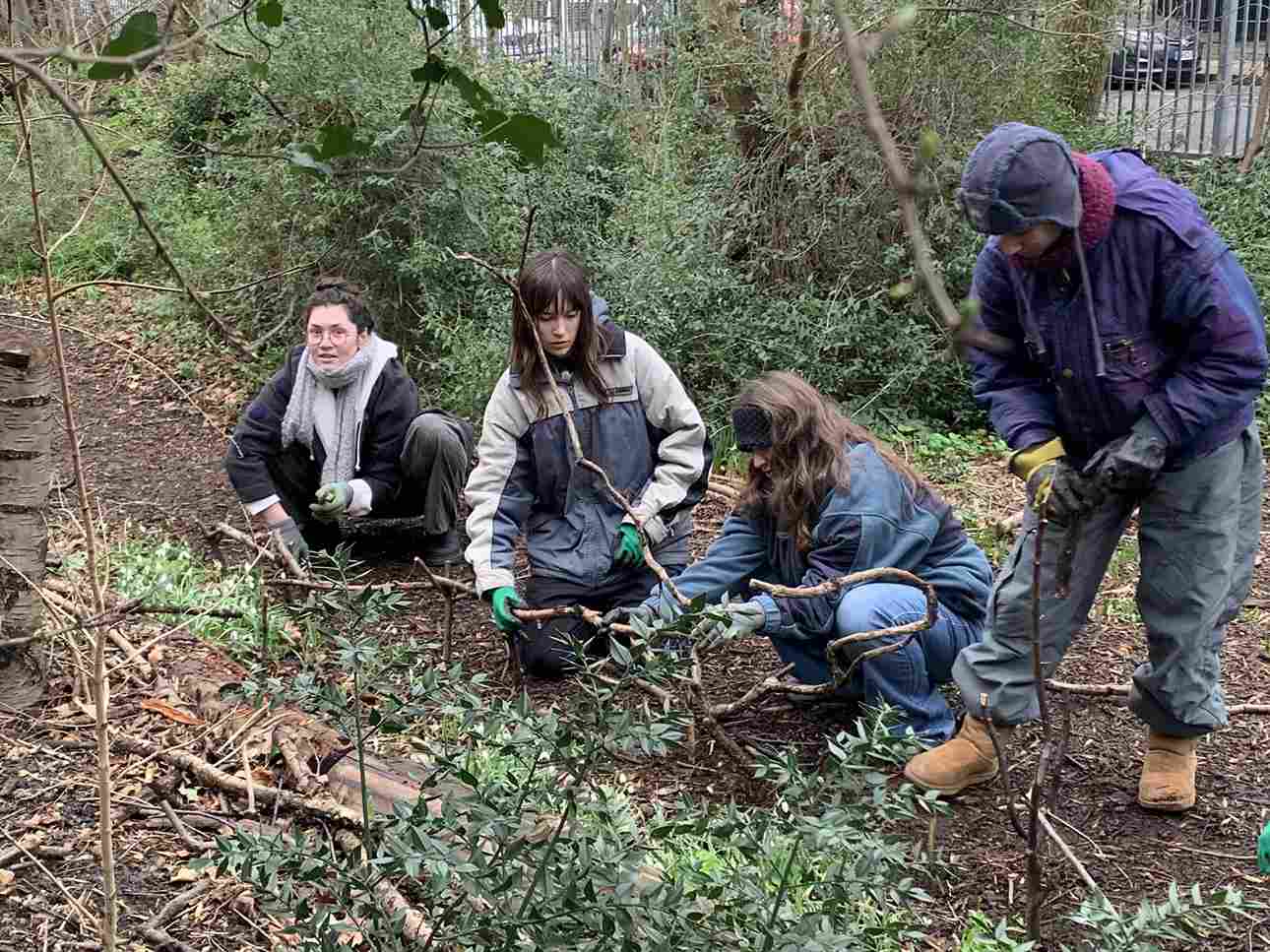
Meditation and Sustainable Fashion Alternatives
.jpg)
Summary
As a first-year student, my interdisciplinary research explores how meditation can promote sustainable fashion choices. By examining psychological, socioeconomic, and environmental perspectives, I've discovered that meditation helps increase self-awareness and reduce impulsive buying, leading to more eco-friendly decisions. Despite challenges in collecting and analysing data, I've learned valuable skills in critical thinking, statistical analysis, and holistic problem-solving. This research journey has shown me the powerful connection between mindfulness and sustainable living, inspiring me to further investigate how conscious practices can drive positive change in consumer behaviour and the fashion industry.
Approach and Methodology
I started this research based on my personal experience with meditation and its potential benefits. I wanted to see if there were any real-life connections between mindfulness practices and sustainable fashion choices, specifically if meditation could reduce impulsive buying and increase eco-consciousness among consumers.
For qualitative analysis, I designed a 15-question survey to capture key variables such as shopping habits and meditation practices. The data was analysed using t-tests, Cohen’s d and correlation tests. Qualitative methods involved analysing survey responses supported by academic literature and contextual interpretation.
Psychological perspectives helped me understand the impact of stress and impulsive buying on consumer behaviour. Socioeconomic perspectives highlighted economic barriers to adopting sustainable fashion. Environmental perspectives underscored the significance of eco-friendly practices, and marketing insights revealed how manipulative strategies influence consumer choices. Each perspective enriched the research, providing a holistic view of the problem.
Proposal/Outcome
I have developed an app where users have daily meditation and journaling prompts, and by tracking their progress and completing challenges, they can earn points to redeem free second-hand clothes and sustainable fashion discounts.
Beyond Outcomes
Want to learn more about this project?
.jpg)

Overall LIS Journey
Other Related Projects
Back to the repository


- A Pilot Based on Heathrow's Sustainability Goals

.svg)






